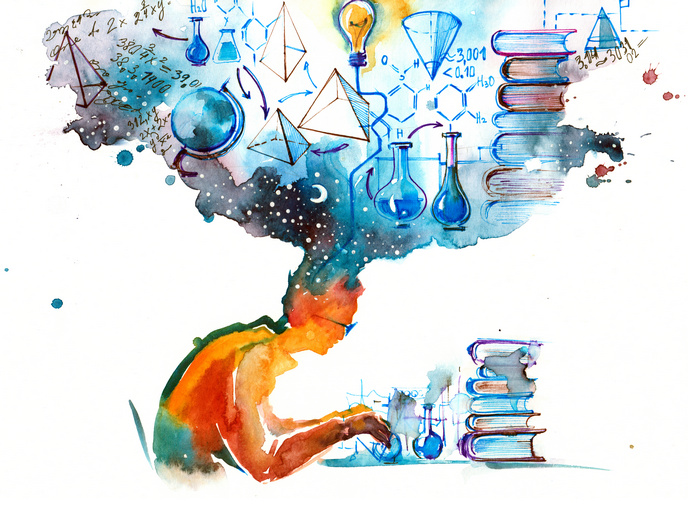A science education model to navigate our fast-changing society
In the turmoil of our fast-paced world, our educational systems often remain rigid or strive to keep up with the pace of change. The EU-funded FEDORA(opens in new window) project explored how secondary school students can develop the necessary competencies for navigating a complex, fragile and fast-changing society through education. “The challenge was to outline a model that could trigger, through an epistemological regeneration, a political, institutional, practical and personal-cultural transformation of our educational systems,” notes project coordinator Olivia Levrini.
Obstacles in science learning today
Initially, FEDORA acknowledges three main inconsistencies. There is a clear contrast between the vertical and hyper-specialised organisation of teaching in disciplines and the inter-multi-transdisciplinary character of innovation. This clash becomes evident also within the context of the attempts to transform research and science into open and collaborative spaces. Another mismatch regards the formalised and exclusive languages used in schools; there is a need for new languages to enhance imagination and the capacity to talk about contemporary challenges. Finally, there is a discrepancy between atemporal or historically oriented teaching approaches and the need to support the young to construct visions of the future that empower actions in the present.
Building a new science education ecosystem
The FEDORA team re-formulated these inconsistencies into three research pillars, built respectively on the following themes: inter-disciplinarity(opens in new window) in STEAM (science, technology, engineering, the arts, and math) education, new languages(opens in new window) to spark creativity and imagination in science education and future thinking development(opens in new window) through science learning. Their work resulted in three frameworks that pointed out the main issues related to the tackled dissonance and elaborated specific recommendations(opens in new window) for both open-schooling networks and policymakers, consistent with the results of a relevant Delphi study(opens in new window). Τhe engagement of policymakers in the research process has been a challenging yet innovatively fruitful action; the team regards policy as an important area for implementing the project results as well. These recommendations were then turned into design principles, operatively enacted through the 18 ‘implementations’ that took place in two rounds in open-schooling networks in Bologna, Helsinki and Oxford. FEDORA engaged, in its implementations, more than 300 secondary school students, 50 teachers, 40 researchers and a variety of other stakeholders in a diverse set of learning environments including schools, universities, teaching-learning centres and museums.
Fostering creative thinking and foresight
“We needed to create, in our consortium, an interdisciplinary boundary zone and inhabit this space as ‘epistemological nomads’,” adds Levrini. “We needed to recognise the boundary objects, create a vocabulary for naming boundary-crossing mechanisms and learn to speak an interdisciplinary language among ourselves, as well as a ‘futurising language’, one that could spark creativity and imagination.” The researchers elaborated on the importance of keeping together and balancing ‘sense-making skills’, such as systems, critical and analytical thinking, and ‘strange-making skills’, creative, imaginative and anticipatory thinking, the sense of ‘feeling at home’ and ‘accepting the risk to go out of your comfort zone’. The team now aims to design an assessment approach that can be consistent with FEDORA’s educational model, aligning political, institutional and practical choices.



